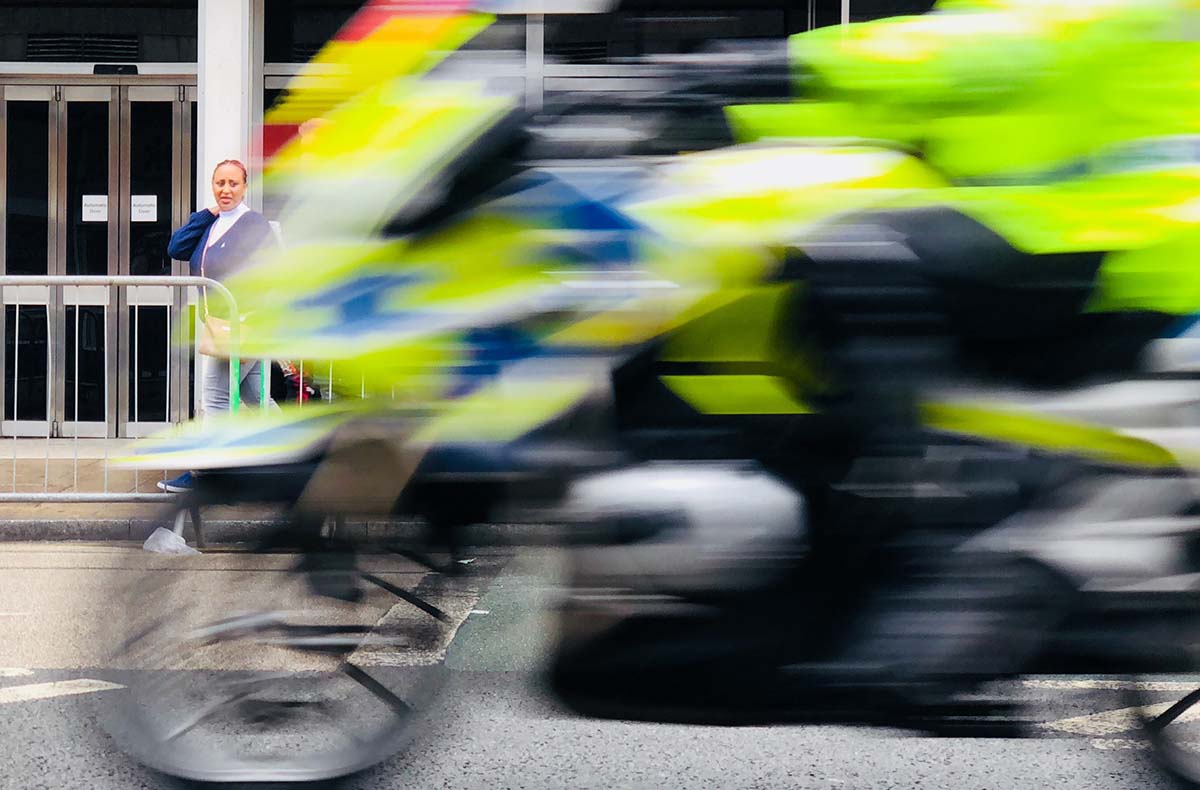
My last New Thinking article, which explored Canada’s plan to trial the decriminalization of Class A drugs, created an unexpected stir. I even received requests for more information from policy wonks.
You’ll be pleased to read that nobody asked for “sales” info!
Decriminalizing recreational drugs has long divided opinion among legislators, law enforcement experts, policymakers, and the general public. North America’s bold approach—Canada legalized cannabis in 2018 and 19 US states have adopted the same policy—has captured the world’s imagination and reignited simmering debates.
So, when a senior law enforcement contact directed me to a recent UK Parliamentary hearing on domestic drug policy, I was intrigued to hear what UK legislators and, in particular, police officers thought. In contrast to Canada, the UK has until now favoured a cautious approach and eschewed decriminalization or legalization of even “softer” recreational drugs.
Assessing the Parliamentary hearing, at which senior policing figures provided feedback to MPs, allows us to understand why.
Asked by Conservative MP Simon Fell whether he believed decriminalizing cannabis would help or hinder national policing, Steve Rodhouse, director general of operations at the National Crime Agency (NCA), the UK’s FBI, provided an unequivocal response.
“I think it would still leave a lot of challenges,” Rodhouse explained.
“Regardless of whether something is legalized or decriminalized, there would continue to be a criminal market to undercut a regulated market, to have a differentiated product. So I think my challenge within the NCA would persist.
“There would still be a lot of money to be made. There would still be an incentive for gangs to engage in importation and trafficking. There would still be the violence that goes on between gangs competing for markets. There would still be use of a product that was not regulated and that was undercut in price and quality. I am not persuaded that my life would be much easier.”
Rodhouse’s machine gun response to MPs was no accident.
An experienced former beat cop and detective specializing in gangs and organized crime, he has risen through the senior ranks of British policing. Rodhouse knows only too well the devastating impact drugs can have on communities—particularly in the current ‘county lines’ era. And he wanted to stress the scale of the UK’s challenge in tackling the illicit narco trade, even in a world where something as ‘soft’ as cannabis is decriminalized.
Rodhouse’s view, informed by decades of experience, is an interesting counterweight to those pushing for decriminalization in the UK. And he is not alone.
Charlie Doyle, assistant chief constable of the specialist British Transport Police, told legislators: “I draw a parallel with alcohol or tobacco: they are regulated to a degree but there is still an illicit market there. I think here, the money that is made would be made regardless of whether or not it was a legal commodity; they [crime gangs] would just find another way to exploit the market.”
It is no surprise that senior law enforcement officers are wary about decriminalization—their frontline officers handle the challenging and violent consequences of the drug trade. But these are not the reactionary voices of the 20th Century’s Reagan and Thatcher era, so the views of Rodhouse, Doyle et al deserve serious consideration.
UK legislators are intrigued by experiments with legalization and decriminalization of cannabis in Canada, some US states and a few European countries. The country’s traditionally risk-averse MPs have even debated potential experiments with “drug consumption rooms.” But they are wary of using early international data to direct events on this side of the Atlantic.
Dr Richard Lewis, drugs lead at the UK’s National Police Chiefs’ Council and Chief Constable of Dyfed-Powys Police in Wales, told MPs: “There is emerging information and evidence to suggest a link between cannabis and mental health problems and psychosis later in life.
“So, while the data from some of the states in the US and countries such as Portugal might be heartening on the impact at the moment, I do not think we will be in a position to properly assess the impact of changes to the legislation for many years to come, perhaps generations. I would not jump to any conclusions now about the success or otherwise of decriminalization or legalization.”
All of this matters not only because of some desire that, one day, openly smoking a joint should be perfectly legal in the UK (although that is a commonly held view in many cities)—but because it cuts to the heart of modern debates about law enforcement resources. Proponents of decriminalization and legalization have long argued it would free up scarce resources for police and lawyers to fight crime (particularly violent incidents, such as knife crime) associated with dealing harder drugs.
Like many wealthy states, the UK is amid a “Class A” epidemic. Since the end of most Covid-19 restrictions, for example, cocaine use has soared again as youngsters previously locked down for months rediscovered partying. And with that increased demand has followed an escalation of the power of organized crime and violence. Britain’s cocaine trade is now estimated to be worth $13.2bn annually. That is dwarfed by the $34 billion market in the US but is sizable nonetheless. And a vast amount of related crime emerges from it—money laundering, tax evasion etc.
And so the chicken-and-egg debate around whether and how to decriminalize softer drugs—and the benefits that might bring—continues on the UK side of The Pond. Later this year, the House of Commons select committee will report its latest thinking.
Instinctively, liberals have gravitated towards a more relaxed approach and some police officers and legislators support that line. But as Rodhouse and Doyle point out, it is no panacea for all ills. Surely even those of us who support decriminalization accept that?


